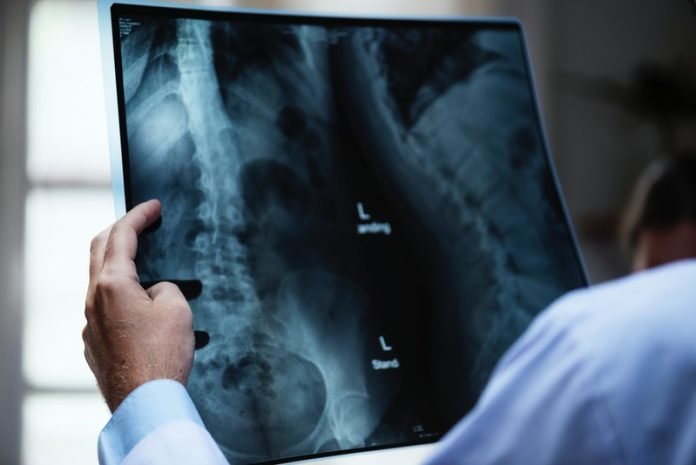
In a new study, researchers found that deep learning, a form of artificial intelligence, could detect lung cancer based on low-dose chest computed tomography (LDCT) scans.
The AI performance met or exceed that of expert radiologists. This means AI could enhance the accuracy of early lung cancer diagnosis and greatly benefit lung cancer patients.
The research was conducted by a team from Google and Northwestern Medicine.
Deep learning is a technique that teaches computers to learn by example.
Lung cancer is the most common cause of cancer-related death in the United States, resulting in an estimated 160,000 deaths in 2018.
Previous research has shown that chest screening can identify cancer and reduce death rates.
But high error rates mean that many lung cancer cases can only be detected at advanced stages when they are hard to treat.
In the study, the deep-learning system was compared with radiologists on LDCTs for patients.
Some patients were diagnosed with cancer within a year.
The team found that In most comparisons, the model performed at or better than radiologists.
In addition, the deep-learning system produced fewer false positives and fewer false negatives.
This could help avoid unnecessary follow-up procedures and reduce missed tumors in a clinical setting.
The team suggests that the new machine learning system views the lungs in a huge, single three-dimensional image.
It can be much more sensitive in detecting early lung cancer than the human eye looking at 2-D images.
In the current study, the detection is technical ‘4-D’ because AI is not only looking at one CT scan but two (the current and prior scan) over time.
The team suggests that future work needs to clinically validate the findings in large patient populations.
They hope the new AI may help improve the management and health outcome of patients with lung cancer.
The authors caution that these findings need to be but they say this model may.
One author of the study is Dr. Mozziyar Etemadi, a research assistant professor of anesthesiology at Northwestern University.
The study is published in Nature Medicine.
Copyright © 2019 Knowridge Science Report. All rights reserved.



